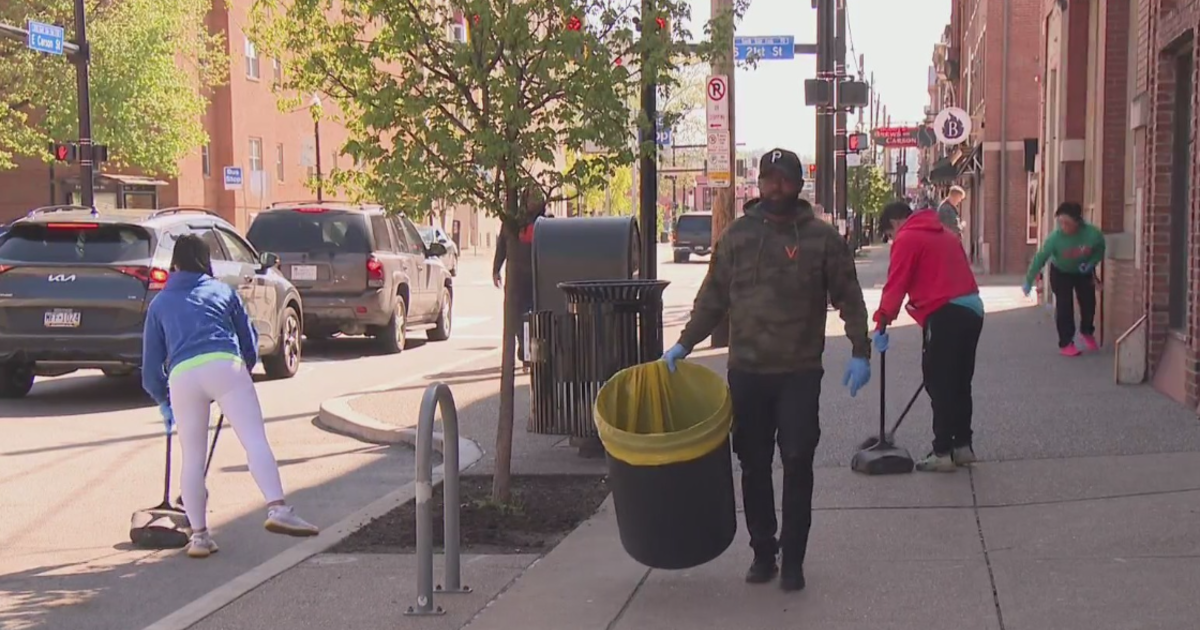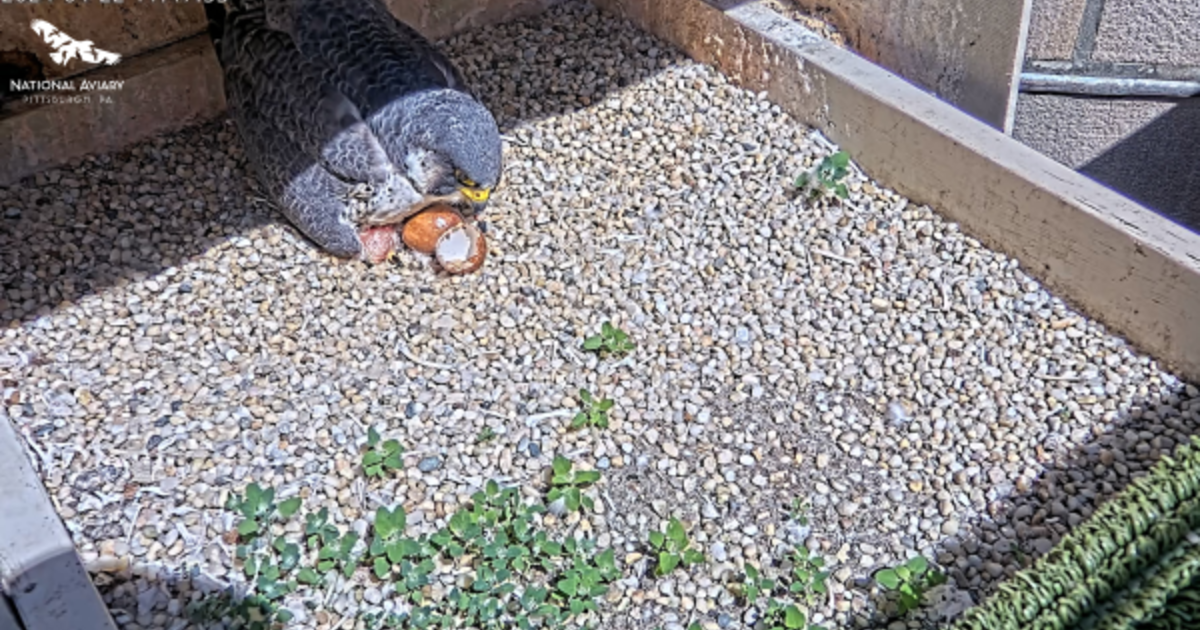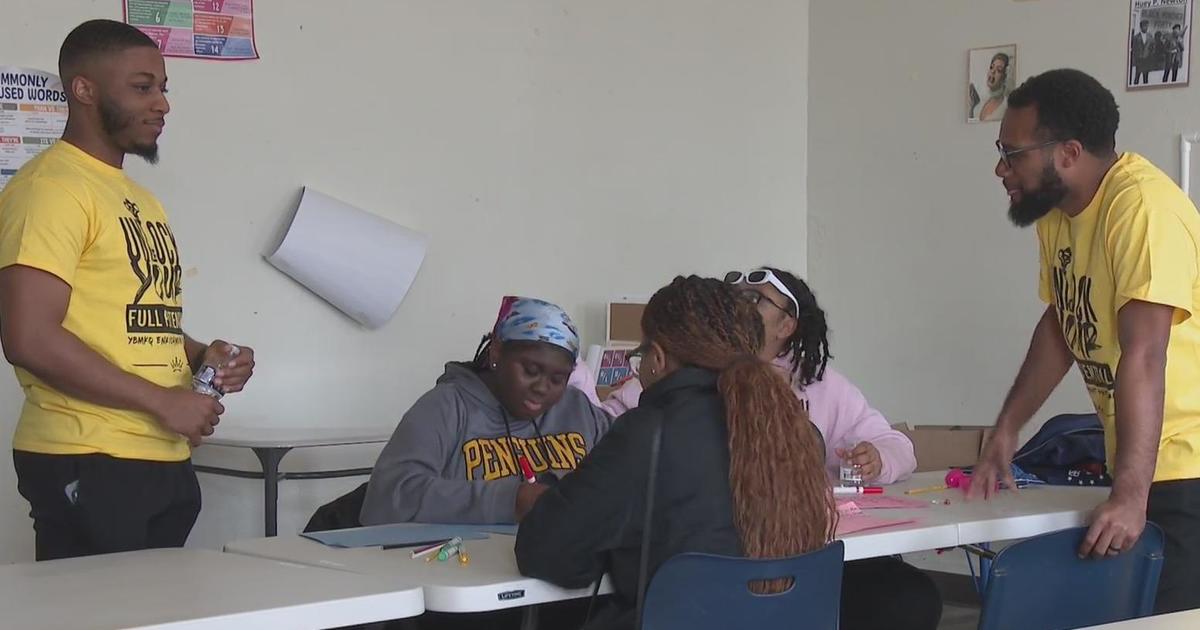At-Home Colon Cancer Screening Offers Possible Alternative To Colonoscopy
PITTSBURGH (KDKA) -- Getting a colonoscopy as a screening test for cancer, for some people, can be a dreaded ordeal.
"Well, nobody really looks forward to that, because of the way it's done, and of course, always the issue of what you have to-- how you prepare for it with drinking that bad solution," says one woman.
"The one I had, I woke up, in the middle of my colonoscopy," says another.
"I didn't get one when I should have, and years later I had one and discovered I had cancer," says one cancer survivor.
"I think most of the anxiety is around the day before," adds his wife. "It's not the most fun day, but it will save lives."
A fiberoptic camera is passed through the colon to look for polyps, which are precancerous growths along the lining of the colon.
Only 30 to 60 percent of people aged 50 and older get screened for colon cancer with colonoscopy. These concerns about the prep, the time off, the sedation or the procedure may have something to do with that. Even though any precancerous polyps can be removed with the scope at the time of the colonoscopy.
Short of a colonoscopy, doctors can look at the end of the colon with a scope, do special x-rays with barium or check stool samples for traces of blood.
Some of these tests still require a prep. And all of these tests have limitations.
There's been a search for a test that doesn't require a procedure and has better test characteristics than the current non-invasive testing.
This has led to the development of an at-home screening kit called Cologuard, which may appeal to certain patients.
For example, "patients who are resistant to getting a colonoscopy, or are unable to get colonoscopies," says Dr. Bridger Clarke, of South Hills Gastroenterology Associates.
You put a cup on the toilet to collect a stool sample, use a gadget to get a specimen, then send it off to a lab.
"It actually detects DNA mutations that can be found in colon cancers," Dr. Clarke explains.
Cologuard has a detection rate of 92 percent, compared to 73 percent with the simpler stool tests for just blood.
But like the other screening tools, Cologuard also has limitations.
"It's not really a good test for people who have sort of a high risk of developing colon cancer, who have a strong family history or personal history of polyps," says Dr. Clarke. "If you get a positive Cologuard, then the follow-up test would be a colonoscopy."
And the rate of false positives is about 10 percent. If the test is positive, the doctor is compelled to do an actual colonoscopy, prep and all.
"One of my partners saw a patient who had had a positive Cologuard test, and her colonoscopy was actually negative," says Dr. Clarke.
It isn't a frequently used test.
"I've used it once over the last year," he points out.
It is FDA-approved, but it may not always be covered by insurance, though it is less expensive than a colonoscopy.
And even if it's negative, you should do a repeat every three years.
"This does not really replace colonoscopy," Dr. Clarke stresses. "This test is probably the next best thing, especially for a very, kind of, noninvasive approach."
Join The Conversation On The KDKA Facebook Page
Stay Up To Date, Follow KDKA On Twitter



